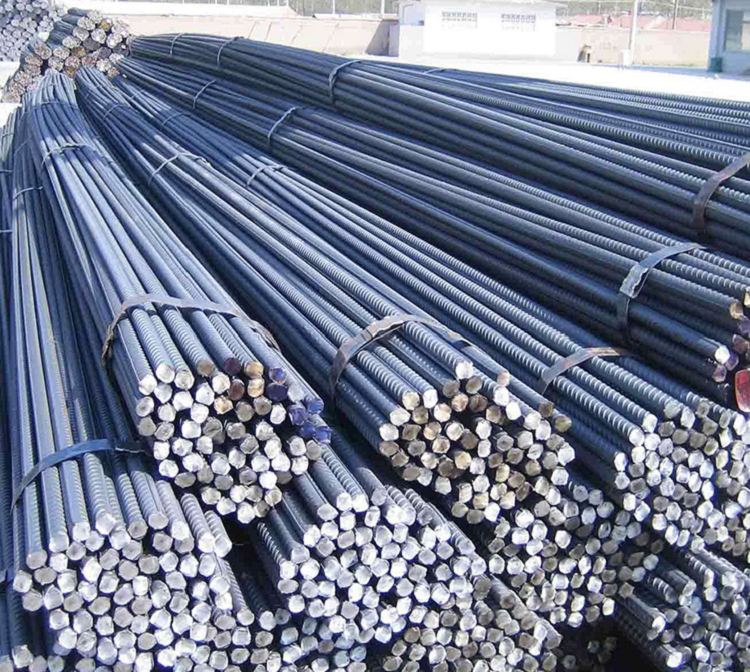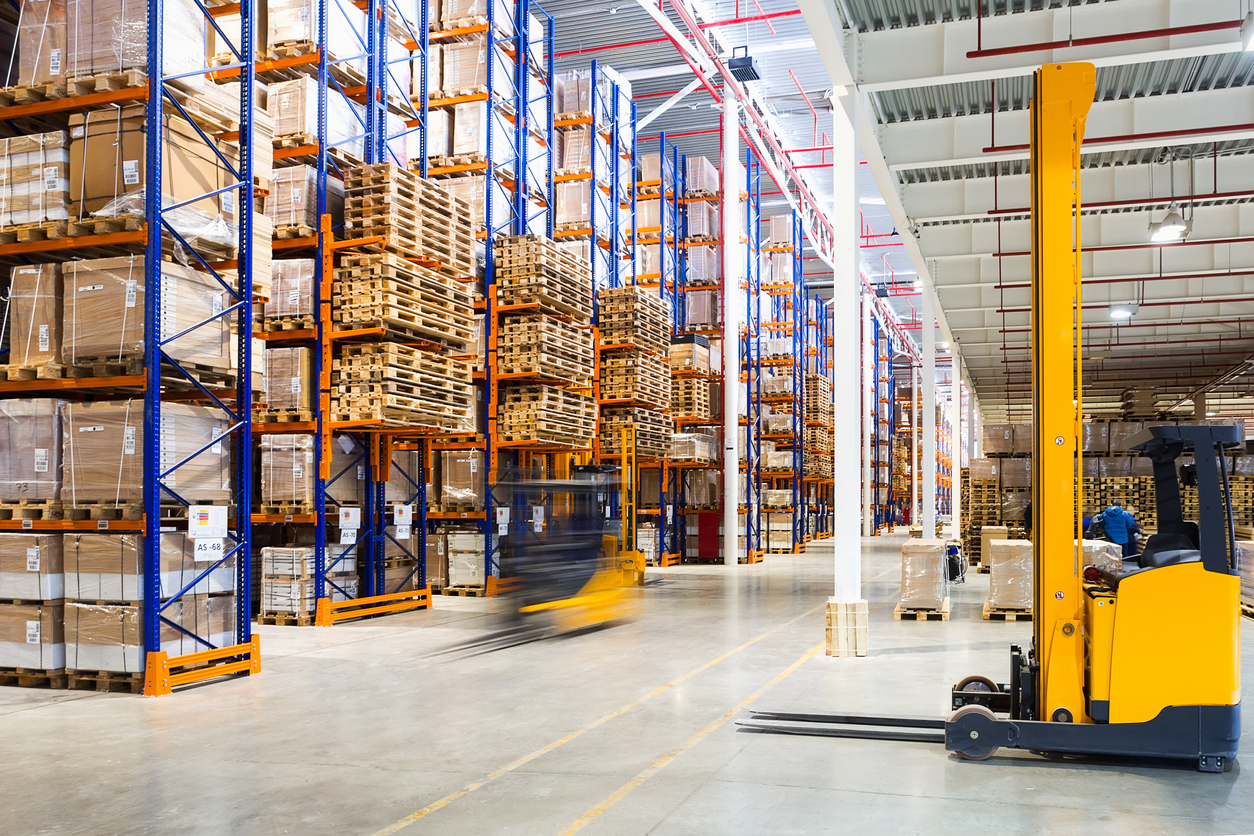What You Need to Know About Exporting Iron Bars From Nigeria
What You Need to Know About Exporting Iron Bars From Nigeria
To export iron bars from Nigeria, you need to know the right channels to go through. This article will give you a rundown of what you need to do.
Firstly, make sure that the bars are in accordance with Nigerian law. They should be no more than 50 cm in length and 12 mm in diameter. You will also need a license, issued by the Nigerian Customs Service before the export can take place.
Next, you should contact a customs broker to help with paperwork and logistics. The broker will charge for this service, but it is well worth it.
Finally, confirm your delivery location and then present your paperwork to customs officials at their office or at the port of export before packing up your shipment.
What you need to know about exporting iron bars from Nigeria
-Make sure the bars are within Nigerian law.
-Get a license from the Nigerian Customs Service.
-Contact a customs broker.
-Confirm your delivery location and present your paperwork to customs officials.
The process of exporting iron bars from Nigeria
Exporting iron bars from Nigeria is a process that requires a lot of paperwork and careful planning. You must ensure that the bars meet Nigerian law before exporting them, and that they are in accordance with the country’s specifications.
You will need a license to export the bars, which can be obtained from the Nigerian Customs Service. In addition, you will need a customs broker to help you with paperwork and logistics. The broker will charge for this service, but it is well worth it.
Finally, you must confirm your delivery location and present your paperwork to customs officials at their office or at the port of export before packing up your shipment. If you follow these steps, you should have no problems exporting iron bars from Nigeria.
Contacting a customs broker for help with paperwork and logistics
One of the most important steps to exporting iron bars from Nigeria is contacting a customs broker for help with paperwork and logistics. The broker will charge for this service, but it’s well worth it. While brokers are available to help you with most of the work, you will still need to do some things on your own.
If you’re looking to export iron bars from Nigeria, you’ll need a license, issued by the Nigerian Customs Service before the export can take place.
Next, contact a customs broker to help with paperwork and logistics. The broker will charge for this service, but it is well worth it. A customs broker will make sure that you have all the correct documentation and can help you avoid fines and delays.
Finally, confirm your delivery location and then present your paperwork to customs officials at their office or at the port of export before packing up your shipment.
Steps to Exporting Iron Bars From Nigeria
To export iron bars from Nigeria, you need to go through the right channels to do so. This article will give you a rundown of what you need to do.
Firstly, make sure that your bars are in accordance with Nigerian law. They should be no more than 50 cm in length and 12 mm in diameter. You will also need a license, issued by the Nigerian Customs Service before the export can take place.
Next, contact a customs broker to help with paperwork and logistics. The broker will charge for this service, but it is well worth it.
Finally, confirm your delivery location and then present your paperwork to customs officials at their office or at the port of export before packing up your shipment.
Conclusion
We have now come to the end of this article. I hope you have found it useful. If you have any questions, please do not hesitate to ask!







LEAVE A COMMENT
You must be logged in to post a comment.